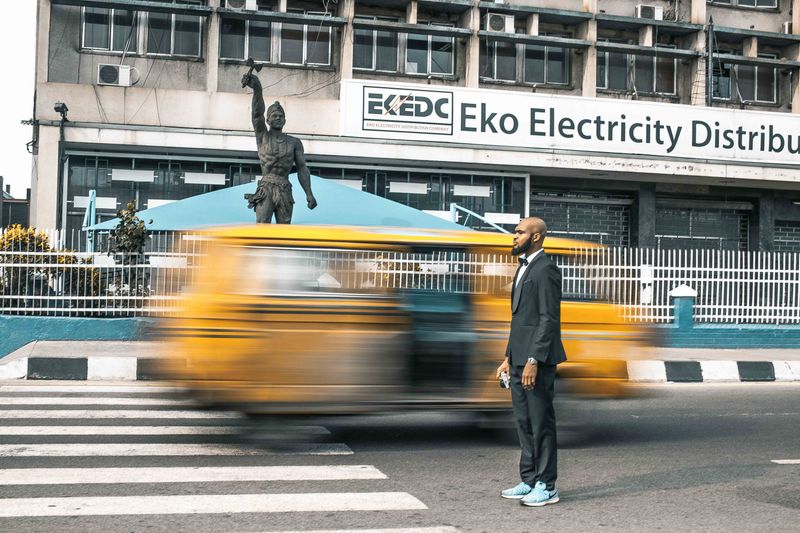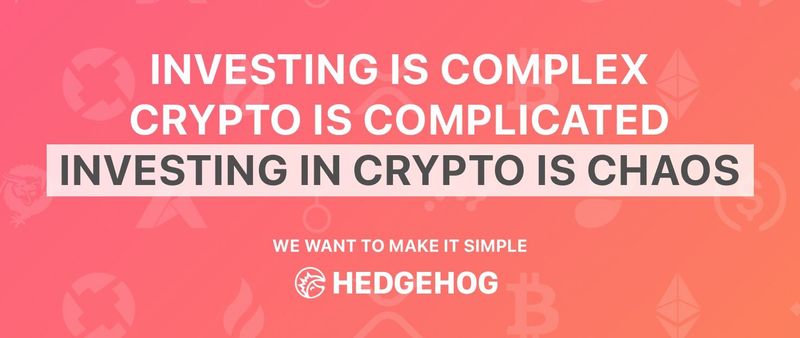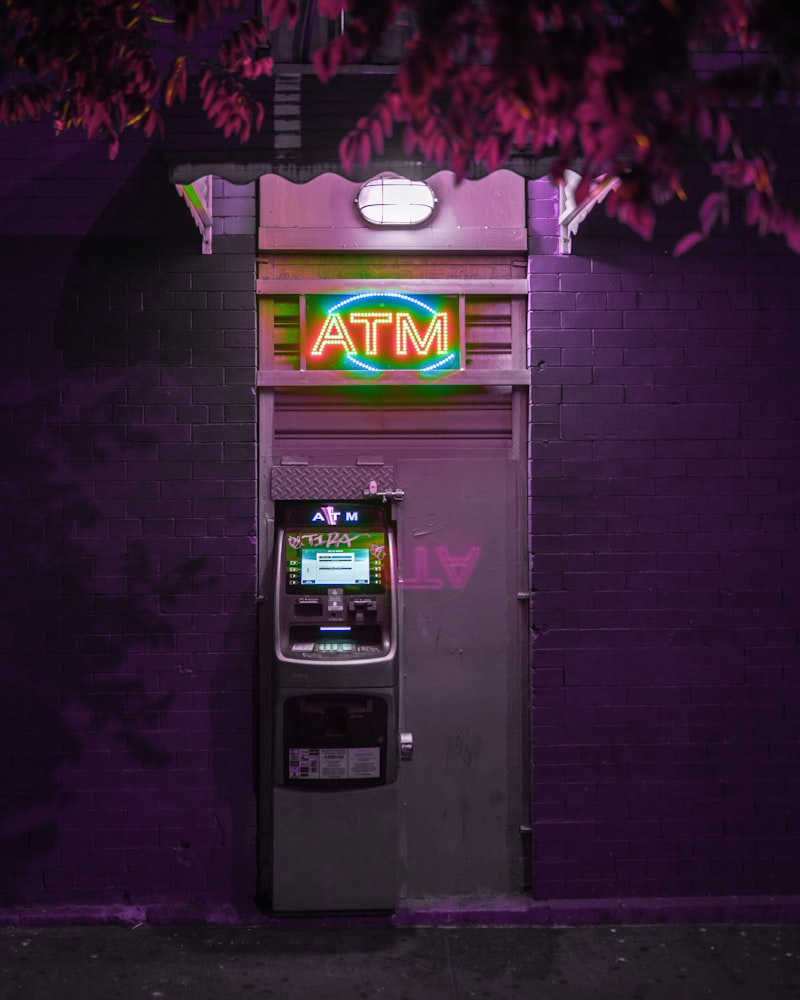A first-hand report on the wild, bright Nigerian crypto ecosystem, written by N.C. Bassey, who lives there and watched it all unfold.
When Satoshi Nakamoto and associates launched bitcoin in January 2009, with an initial value of about $0, most Nigerians had no idea. As with the rest of the world, it would be a few years before regular Nigerians started hearing about Nakamoto's innovative effort to provide a transparent, decentralized platform for financial transactions.
By 2011, other cryptocurrencies had emerged and the price of bitcoin was comparatively eye-popping. Today 1 BTC is worth more than $55,000. More than 6,500 cryptocurrencies exist, with a combined total market capitalization over $2 trillion. People still ignore crypto, but in many countries it has become a mainstream sector of the financial industry, and even a viable payment option. Recently El Salvador became the first country to fully embrace bitcoin as legal tender, signaling the inroads made by cryptocurrency advocates in establishing these protocols and the corresponding coins as valuable utility networks.
In Nigeria, the cryptocurrency story has been marked by dramatic twists and turns. The first major rally was birthed by a Russian Ponzi scheme — the infamous Mavrodi Mundial Movement (MMM). The Nigerian arm of MMM was launched in 2016 and collapsed in the same year. Nonetheless it drove cryptocurrency growth in Nigeria and other African countries.
The MMM scheme was quite popular among Nigerians, and members were encouraged to participate using bitcoin. As ever, people were lured by the promise of quick gains for little effort. On the bright side (depending who you ask), their enthusiasm fueled interest in bitcoin and the whole cryptocurrency space. This resulted in a large group of motivated, eager cryptocurrency users nationwide. By 2018, Nigeria has become one of the African countries with the highest numbers of new bitcoin users.
In 2020, Nigeria was second only to the US in terms of the global volume of trade in Bitcoin on leading peer-to-peer cryptocurrency platform Paxful, which has been embraced by the developing world. To day, Nigeria remains ahead of other African countries in cryptocurrency trade.
Now, Nigerians don't just trade or mine cryptocurrencies, some Nigerians have gone a step further and created their own coins. An example is the Shiba Baby coin, which was created by a Nigerian online community using a democratic approach for everything from the name — they can considered it naming after the central bank governor who has championed cryptocurrency restricting but that idea was killed at the ballot — to the 1 quadrillion supply cap. With the ease of minting tokens, many more are being planned or developed.
Furthermore, the economic hardship facing the country, evidenced by the frequent devaluation of the country's currency, rising unemployment rates, declining incomes, and the high transactional costs of remittances, drove more and more Nigerians to bitcoin and other cryptocurrencies. It was easier to learn the ropes, rules, and language of this new financial ecosystem than wait for economic reforms that no one could guarantee or predict.
Many other factors supported these decisions. Firstly, cryptocurrencies made international transactions easier for Nigerians. They improved the ease of doing business by protecting investments from the fluctuations of the Naira, and the extra fees of third-party money transfer agencies. Through peer-to-peer transaction models, Nigerians were able to send and receive money faster, with less hassle. Businesses dependent on import quickly realized the potential. For many, cryptocurrency transactions became routine.
In addition, cryptocurrency investments improved the fortunes of many young Nigerians. Following the appreciation of bitcoin and various altcoins, for example, many young Nigerian cryptocurrency investors recorded gains of up to 200% in 2020 when bitcoin had a strong rally. Their cryptocurrency investments outperformed all other passive income streams, which helped protect their finances from ongoing hyperinflation and forced devaluation of the Naira. These young Nigerians' undisguised pleasure and screenshots on social media attracted a new wave of cryptocurrency adopters searching for their piece of the unprecedented gains.
In 2016, given the rising adoption of cryptocurrency in the country, the Central Bank of Nigeria (CBN), and the Nigeria Deposit Insurance Commission set up committees to better understand cryptocurrencies. In January 2017 and February 2018, the Central Bank of Nigeria issued separate warnings about transacting and investing in cryptocurrencies, stating that they were not legal tenders. On 5th February 2021, the Central Bank of Nigeria prohibited cryptocurrency trading in the country. In a letter addressed to directors of commercial banks, the CBN instructed the banks to identify and close the account of anyone involved in cryptocurrency trading and exchange. The apex bank cited the anonymity of the platform, citing concerns with money laundering and terrorism as the rationale behind its decision.
Whilst some experts have suggested that the real reason the CBN banned trade in cryptocurrencies in Nigeria was to control the demand and supply of foreign exchange within the country, and stabilize the Naira, it is telling that more than six months after, the ban has not significantly impacted the level of cryptocurrency trading in Nigeria. Rather, the country has experienced a surge in trading cryptocurrencies.
The official ban of cryptocurrency in the country has failed to limit trade, as Nigerians have shifted the medium of exchanging cryptocurrencies from centralized exchanges to P2P channels. P2P channels use escrow to hold funds in trust for parties until the initiated transactions are completed. This model captures the spirit of cryptocurrency as envisioned by its founders, where no central authority is involved in trades. With the CBN ban, Nigerian traders use the P2P model for their cryptocurrency transactions. Also, many exchange platforms in the country have redesigned themselves as P2P platforms to facilitate P2P transactions.
In a surprising turn of events, the Central Bank of Nigeria, in August 2021, announced its plans to float its digital currency called "e-naira." According to the CBN Governor, the currency would operate as an e-wallet that will enable customers to hold funds in their bank account to enable cheaper and faster remittances, and facilitate financial inclusion. The CBN announced that the digital currency would be launched in October 2021.
Although the e-naira is not a cryptocurrency in the truest sense — with the essential difference being the degree of control and regulation exerted on it by a central authority — it is built on similar principles. While the cryptocurrency model is essentially decentralized with no central authority figure, the e-naira, just like the Naira, will be controlled by the CBN and monitored by the government (no anonymity). Furthermore, the e-naira cannot be used to hedge against inflation as many do with other cryptocurrencies; its value is essentially tied to the Naira's value.
These differences notwithstanding, the introduction of the e-naira is a forward-thinking approach by the Central Bank projected to lower the cost of sending and receiving money within and outside the country. Whilst it is too early to state the effect of the introduction of the e-naira on the cryptocurrency market in Nigeria, cryptocurrency traders, investors, and enthusiasts need not worry as its adoption signals the increasing trust of the Nigerian government in the technology on which cryptocurrencies run.
Despite the national ban on cryptocurrency use, the adoption of cryptocurrency continues to grow and the future of cryptocurrency in the country looks very bright. This is evident through ever-increasing user adoption, plus statements made by leading government officials such as Nigeria's vice president Yemi Osinbajo, who described cryptocurrencies as the goose that may lay the golden egg, and called for cryptocurrency regulation instead of an outright ban.
As cryptocurrency use becomes more mainstream, receives endorsement from more governments and corporations, and the Nigerian government launches its own digital currency (the e-naira), it is expected that the ban on cryptocurrency trading in Nigeria will be reversed.
It is also expected that the Central Bank of Nigeria, in collaboration with the Securities and Exchange Commission, will develop a robust regulatory framework for cryptocurrency trading and activities in Nigeria. It is further expected that the development of the e-naira will enhance the growth and penetration of blockchain technology in Nigeria, and the maturation of the ecosystem. Already, the Central Bank has started mandating businesses to honor the e-naira, a move that will inadvertently lead to more cryptocurrency discussions, awareness, and thus adoption.
Will these popular expectations be met? No one can be completely sure. In the meantime, Nigerians are actively participating in the crypto space, as buyers, sellers, miners and even makers of various coins. Robust training initiatives by amateur cryptocurrency tutors, crypto communities, and exchange platforms are also in place to educate newcomers. As the Naira continues to fall in international markets, and cryptocurrency adoption continues to rise, the use of cryptocurrencies as a store of value, speculative investment, and medium of exchange will continue to grow in Nigeria.
Follow N.C. Bassey on Twitter and sign up for Hedgehog's weekly newsletter!






